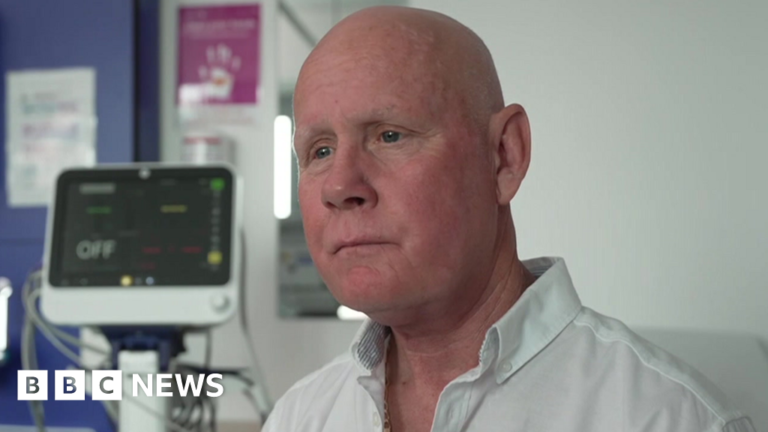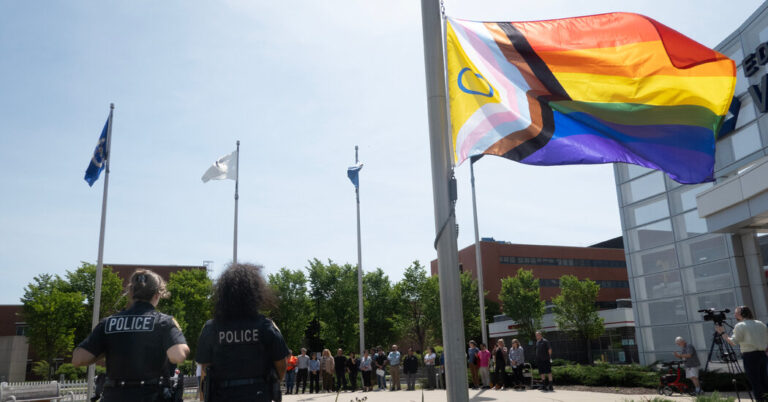Here is the result in plain text:
“Who will look after our children when we’re no longer here? At the moment that’s nobody.
Catherine Cox, from Keyworth in Nottinghamshire, was one of thousands of women who took the epilepsy drug, sodium valproate, while pregnant, something which is now advised against.
Her son Matthew, now 23, was born with a range of conditions, including autism, ADHD, epilepsy and several learning disabilities. At the age of 18 months, he was diagnosed with foetal valproate syndrome, indicating the medication his mother took was the cause of his problems.
Mrs Cox has been campaigning for compensation ever since.
It is thought thousands of children in the UK have been left with disabilities caused by valproate since the 1970s.
Instructions for doctors – and, more recently, patient leaflets – say valproate should not be used during pregnancy unless there is no safer alternative and only after a careful discussion of the risks.
Before undergoing fertility treatment, Mrs Cox was advised it was “fine” to continue taking valproate.
To then find out that the medication that you have taken in good faith has caused the problems your child will carry for the whole of their life is an awful thing.
Mr Cox has a job at a local bakery but relies heavily on his mother.
It can be a struggle at times. I do worry at times but I also worry about my mum. Obviously I love my mum.
Mrs Cox told the BBC she had grown weary of a lack of action from successive governments.
We’re not getting any younger. I started this when I was 31 – I’m 53 this year. I honestly think that the government want the parents to expire, because the children will not be able to fight for the redress that they need.
Since 2016, valproate pill packets have warned the medication can seriously harm unborn babies.
In February 2024, a report by the Patient Safety Commissioner, Henrietta Hughes, said there was a “clear” and “urgent” need to compensate those harmed by valproate, both financially and otherwise.
Dr Hughes made a series of recommendations, including a specific housing grant for valproate victims, a removal of the barriers many face in getting their special educational needs recognised, and work to issue an apology to each individual affected.
More than a year has since passed, and the government is still working on a response.
We have pulled various governments over time kicking and screaming to this point where they have acknowledged that the difficulties for up to 20,000 children were caused by this drug. As we go on, what we need is something to make up for their loss of potential.
As a society we are judged by how we treat our most vulnerable.”
Source link




